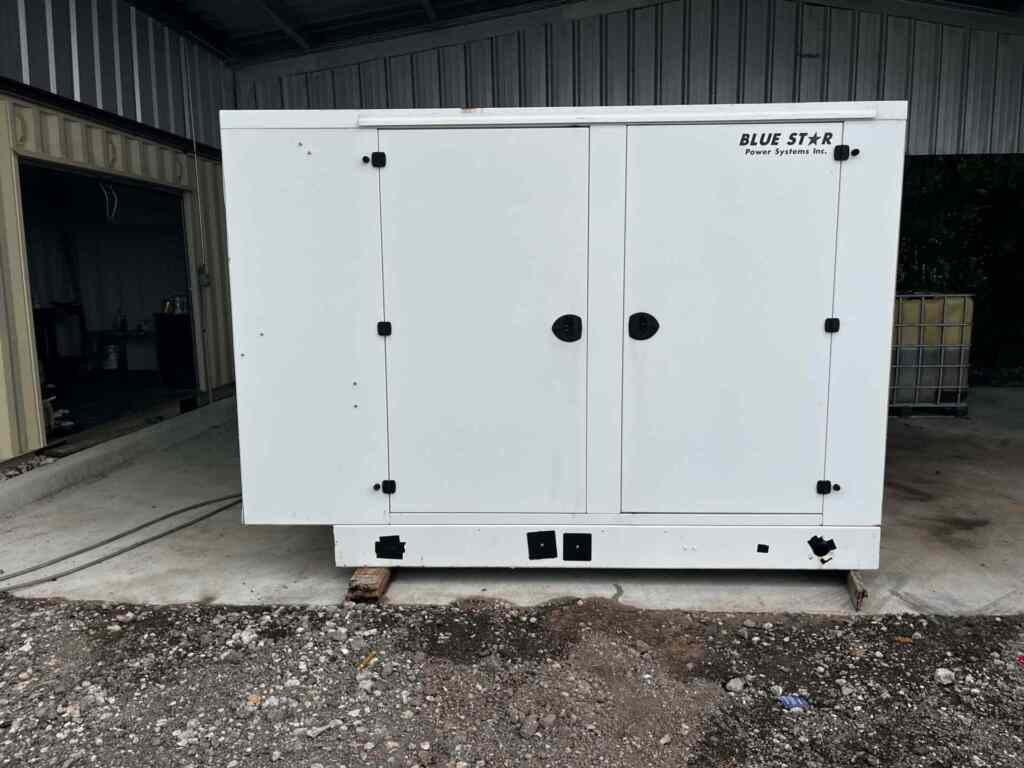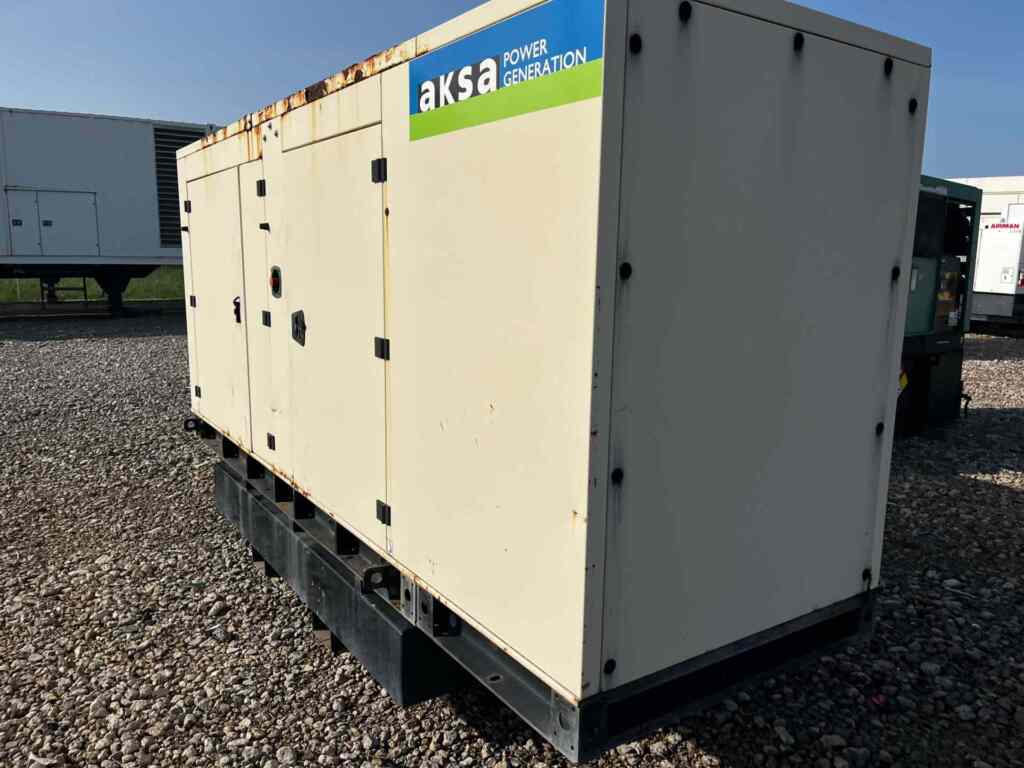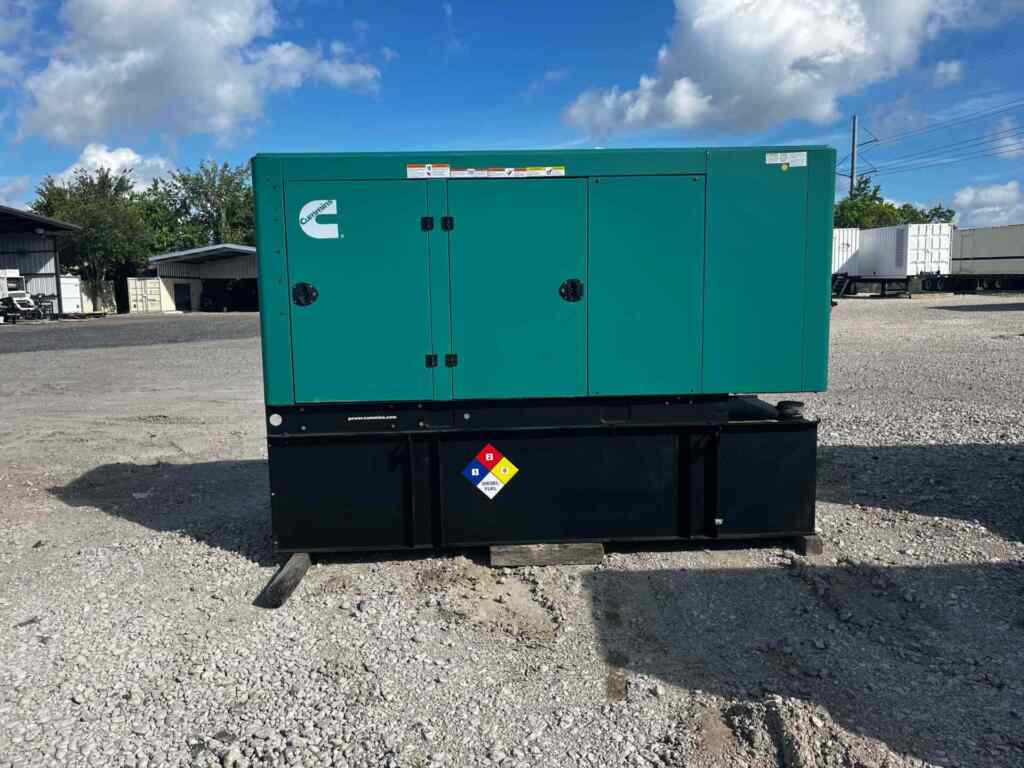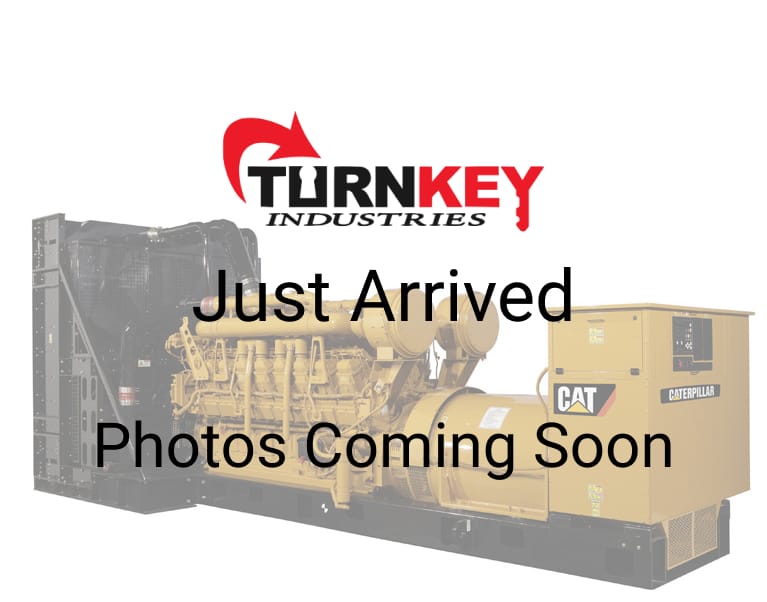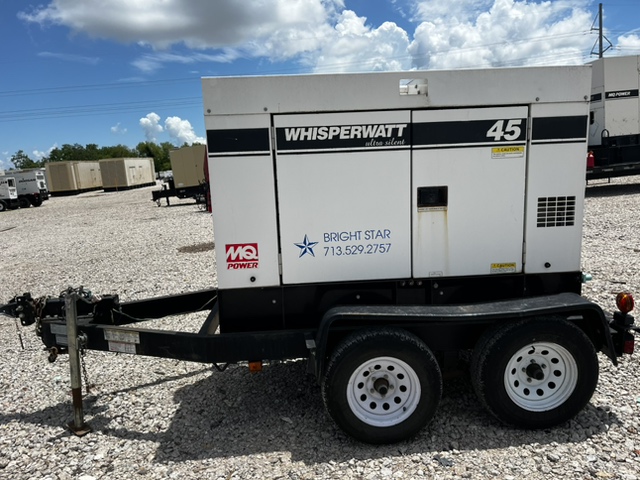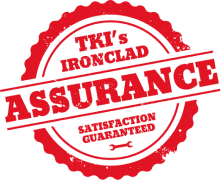When a natural disaster causes a power outage, a portable generator can provide backup power to your home or business. Generators are internal combustion engines that produce electricity to run lights, fans, heaters, or other appliances when the electricity is turned off. However, generators run on gasoline, diesel, propane, or natural gas fuels, which are known pollutants. In order to minimize the effects of these pollutants on the public, many CARB compliant generator options are now being manufactured for residential, commercial, and industrial applications.
The Ins And Outs Of Carb Compliance
What is CARB compliant and what does it mean in reference to generators? CARB stands for The California Air Resources Board, which was formed in 1967 to protect the public from the harmful effects of air pollution. In order to do this, CARB develops programs and actions to fight climate change. CARB’s main goals are to maintain healthy air quality, protect the public from exposure to toxic air contaminants, and to provide innovative approaches for complying with air pollution rules and regulations.
In addition to California, 14 other states have adopted CARB regulations. These include Colorado, Connecticut, Delaware, Maine, Maryland, Massachusetts, New Jersey, New Mexico, New York, Oregon, Pennsylvania, Rhode Island, Vermont, and Washington. In order to be CARB compliant, each state agrees that the tools and equipment sold for residential or commercial use meet the emission standards set by CARB.
How Does CARB Work?
In CARB-compliant states, CARB regulates all engines that burn gasoline, diesel, natural gas, or propane. This is done by limiting carbon monoxide, carbon dioxide, nitric oxides, sulfur oxides, hydrocarbons, and other particulate matter. Cars, trucks, semis, tractors, lawnmowers, chainsaws, and heavy machinery fall under CARB regulations, along with gas, propane, and diesel generators. CARB-compliant equipment will be marked as such on their labels, making them easy to identify. Manufacturers must obtain CARB compliant certification in order to legally sell generators in the states that follow CARB regulations.
How To Get A CARB Compliance Certificate
Manufacturers of standby generators and other small engines are responsible for having their products certified by CARB to prove CARB compliance. Some California air districts require commercial generator manufacturers to obtain CARB-compliance permits before building or selling generators. Manufacturers must fill out a certification application, which details qualified generator manufacturing and operation requirements. The application process consists of several steps:
- First, manufacturers register with the EPA and CARB.
- Next, the manufacturer must group its engines into exhaust families and evaporative families depending on the components.
- The manufacturer then tests each engine according to regulation specs and records the test results. The resulting documentation is then submitted to CARB and the EPA.
- If the engine passes the necessary tests, it receives certification from the EPA and CARB.
- Once certified, the manufacturer labels each engine accordingly. After an engine is certified and labeled, the manufacturer can sell its product in CARB-compliance.
What Are The Benefits Of CARB-Compliant Generators?
Now that you know what CARB compliant is, we can address the benefits of generators that meet CARB regulations. Even if you are operating in a state that does not follow CARB regulations, using a CARB-certified generator is beneficial for both your business and the environment. The benefits of using a CARB compliant generator include:
- Longer-lasting, cleaner power: CARB-compliant generators are built to supply cleaner power for longer periods.
- Reduced air pollution: Running a CARB-certified generator means you don’t have to worry about polluting the environment during a power outage.
- Lower health risks: Cleaner-running generator engines pose less of a health hazard to people with respiratory or cardiac conditions.
- No risk of fines or other sanctions: The sale or purchase of a non-compliant generator can trigger a fine for the manufacturer, retailer, and consumer.
- Higher-quality machinery components — Parts for CARB-compliant generators are built for enhanced fuel efficiency, reliability, and the cleanest operation possible.
Choosing a CARB-compliant generator has many benefits. CARB-compliant generators run more efficiently and produce fewer greenhouse gas emissions than non-CARB-compliant generators. This will result in better air quality, even when running the generator for long periods of time. By adhering to strict CARB standards, today’s manufacturers have produced environmentally friendly and safe generators for residential, commercial, and industrial use.
 Turnkey Industries offers a variety of high-capacity
Turnkey Industries offers a variety of high-capacity 